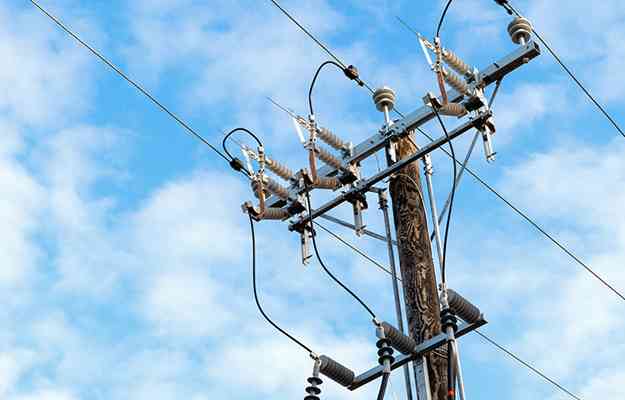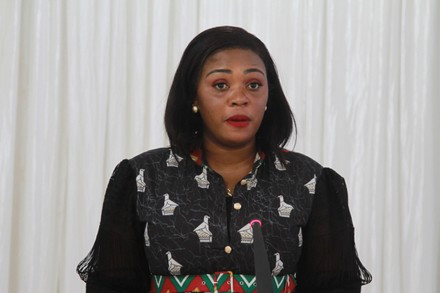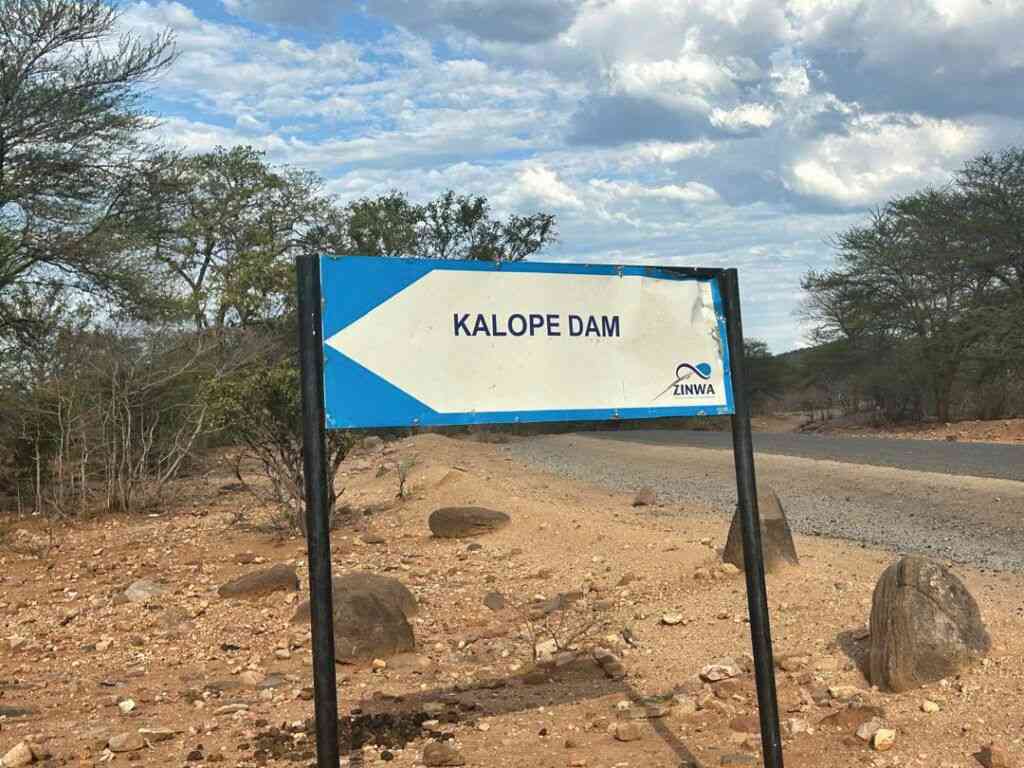
Tinashe Tembo (37) marvels at the electricity powerline that passes through his homestead.
For years, he never dreamt that one day, his poverty-stricken village in Chirorwe, rural Bikita, Masvingo province, would be connected to the national power grid.
His elder brother based in neighbouring South Africa sent him a pre-loved welding machine five years ago that has since gathered dust in his thatched bedroom.
“My elder brother gave me a welding machine but before it was of no use due to unavailability of electricity,” said the father of three, who survives on selling sugarcane at nearby schools.
“Now that we have electricity, I can venture into the welding business and I have a ready market. My fellow villagers need not travel to Nyika growth point for welding purposes."
Tembo is one of the scores of villagers in Chirorwe, Kudadisa and Mutsinze areas now boasting of electricity which was installed and funded by the Rural Electrification Fund (REF) under the accelerated rural electrification programme.
The 13km powerline was recently installed and handed over to Zimbabwe Electricity Transmission and Distribution Company for management.
A number of public institutions among them schools, clinics and bussiness centres are already connected to power.
- Zim headed for a political dead heat in 2023
- Record breaker Mpofu revisits difficult upbringing
- Tendo Electronics eyes Africa after TelOne deal
- Record breaker Mpofu revisits difficult upbringing
Keep Reading
Chief Mukangamwi, said the availability of electricity in the area was a panacea to the problems of marauding hyenas.
“As you see, this area is infested with hyenas and it is not a secret. Hyenas love darkness but due to the availability of electricity, these lights will drive away the carnivores for the benefit of us,” he said.
Several households are set to benefit from the powerline bringing joy to rural folks.
Casiano Mupamaonde, a teacher at Chirorwe Primary School said they are happy after being switched on.
“This development will result in teacher retention at this learning institution. Teachers will no longer seek transfer to better or electrified schools,” Mupamaonde said.
“The education world is changing with ICTs being topical. Before, we had no computers due to power challenges, but today it is a different story. The learners can do night studying as well as research on computers for their benefit.”
Speaking during the switching-on ceremony held at Chirorwe Primary School, Energy and Power Development deputy minister Yeukai Simbanegavi said energy was a key driver of industrialisation, modernity and economic development.
"As a country we cannot talk of successful agricultural production for food security, mining development, tourism or commerce without the availability of electricity," said Simbanegavi.
"While electricity is available in towns, cities, large commercial farms and growth points, driving industries, agricultural production and mining, there is a lot still to be done in rural areas of Zimbabwe.
“Historically, many rural communities lagged in development and the colonial government never gave much needed priority to rural electrification as it mainly favoured towns, cities and large commercial farms.”
She said while earlier efforts to bring electricity to rural areas by Zesa initially targeting growth points was moving at a slow pace, the government saw it fit to create the Rural Electrification Fund in 2002 to facilitate rapid and equitable electrification of all the rural areas in Zimbabwe.
“As you may be aware, REF is a critical organisation mandated to drive the rural electrification programme and provide energy in all its diverse forms and it has continously strived to create an enabling environment for the provision of energy in rural communities where about 70% of our population lives,” she said.
REF board chairperson Willard Chiwewe in a speech read on his behalf by board member Fungai Mbetsa said the availability of electricity in Chirorwe, Kudadisa and Mutsinze villages was of great importance to the communities.
“Students will be able to compete with their urban counterparts by taking up subjects such as science and computer studies which was not possible before the electrification programme and teachers will equally be comfortable working in electrified rural schools,” he said.
“Since its establishment in 2002, REF remained consistent with the mandate to ensure that grid electricity is extensively extended, solar systems are installed and biogas digesters are built in rural areas to achieve universal access to modern energy services by 2030.”
REF has so far electrified 10 473 rural institutions that include schools, clinics, chiefs’ homesteads and business centres countrywide.
“While REF has made remarkable progress in providing energy services to rural public institutions, a lot needs to be done with regards to rural households as many still lag behind,” Chiwewe said.
Today, Tembo is a happy man as he ventures into his welding business.
He and other enterprising villagers in Bikita have grabbed the opportunity of electricity availability in the area to start businesses and improve their livelihoods.











